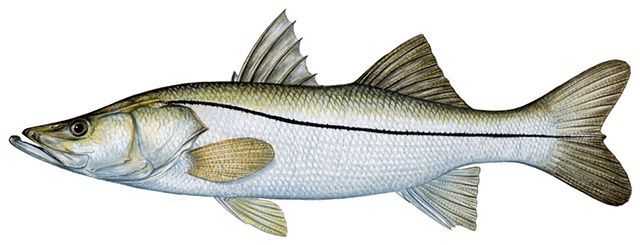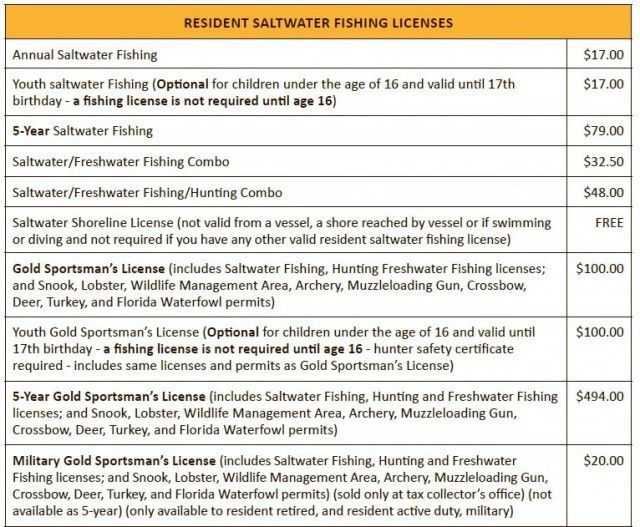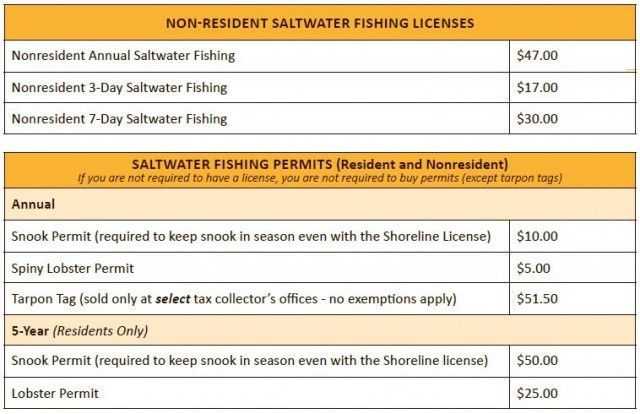Snook season opens September 1, 2015
Snook is managed by two regions in Florida: Atlantic and Gulf of Mexico. Regulations apply in state and adjacent federal waters. No commercial harvest or sale of snook is permitted.
License Requirements: Snook permit and recreational fishing license.
Allowable Gear: Hook and line only.
Snook Permit Benefits
Per 379.354(8)(c) of the Florida Statutes, revenue generated from the sale of snook permits is used exclusively for programs to benefit the snook population.
The Florida Fish and Wildlife Conservation Commission’s (FWC) Fish and Wildlife Research Institute (FWRI) scientists conduct research and monitoring activities focused on improving the quality of biological and fisheries data being collected on common snook to ensure that these magnificent fish continue to thrive in Florida’s bays and estuaries for generations to come.
Major Programs Funded by the Snook Permit fee are:
- Stock enhancement – Researchers are testing techniques to spawn snook in hatcheries for stock enhancement purposes.
- Snook tagging program – Biologists monitor the movements, habitat use, and survival of adult snook tagged with external dart tags, as well as with internal ultrasonic transmitters (also known as acoustic tags).
- Fisheries-independent sampling – Biologists conduct monthly sampling in four Florida estuaries where common snook are typically abundant: Tampa Bay, Charlotte Harbor, and the southern and northern portions of the Indian River Lagoon.
- Fisheries-dependent sampling – This project involves researchers collecting snook-related information through creel, or angler surveys and through an angler-based logbook program
To learn more about snook biology and research projects conducted by FWRI, visit their snook page at myfwc.com/research/saltwater/fish/snook/.
Recreational saltwater licenses and fees
A recreational saltwater fishing license is required for residents and nonresidents to take or attempt to take saltwater fish, crabs, clams, marine plants or other saltwater organisms (other than non-living seashells and lionfish with certain gear).
Note: Spiny lobster and snook permits and tarpon tags are also required.
A Florida fishing license is required to land saltwater species in Florida regardless of where they are caught (state or federal waters).
Before purchasing a recreational saltwater fishing license or permit, please make sure you understand what qualifies as Florida residency and whether you really need a license or permit based on the exemptions.
Annual recreational fishing licenses and permits are valid for 12 months from the date of purchase or the alternate starting date if selected at the time of purchase, unless otherwise specified on the face of the license.
Anglers (including those 65 and older) fishing in the Gulf of Mexico (excluding Monroe County) from a private boat, who plan to harvest, possess or land specific reef fish need to sign up to participate in the Gulf Reef Fish Survey.
Hard Card: A hard, credit card-style license can be purchased in addition to purchasing your annual or five-year license. The ‘hard card’ costs $4. If you purchase the ‘hard card,’ your temporary license should read “hard card shipped separately.” NOTE: Each $4 ‘hard card’ can hold up to seven different licenses or permits. If you have more than seven licenses or permits and want them all on a card, you will need to purchase additional cards at $4 each.
Costs: Prices listed below include a tax collector’s fee. In addition to the cost of a license or permit listed below, the license or permit vendor may charge an issuance fee of 50¢.



